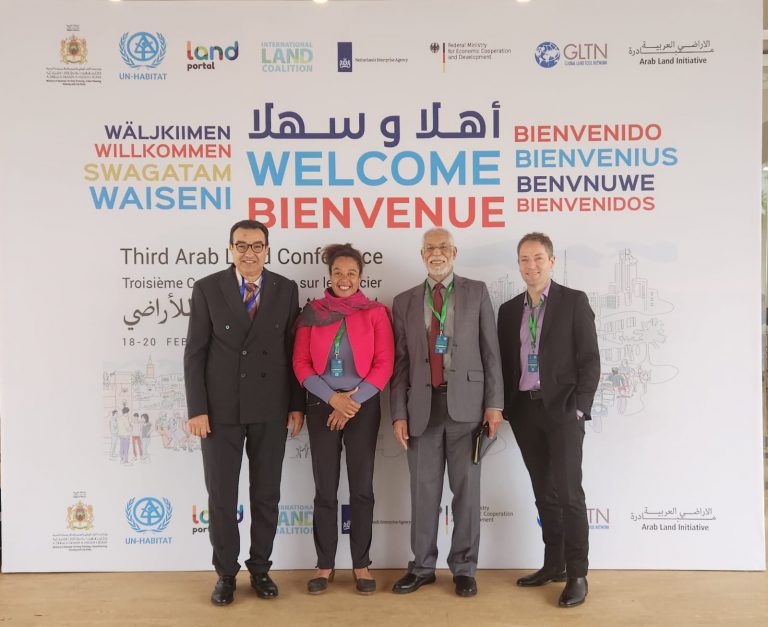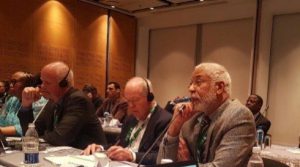
A l’occasion de la quinzième réunion de l’UN-GGIM (6–8 août 2025), l’Afrique ne se contente plus d’adopter les cadres mondiaux — elle les redéfinit.
À travers l’UN-IGIF, FELA, GKI et autres Cadres, les États africains affirment une vision souveraine et inclusive de la gouvernance géospatiale.
Cette diplomatie géospatiale africaine s’appuie sur des savoirs enracinés, portés au niveau de UN-GGIM notamment par des figures comme Fernand Bale, Fernand Isseri et Clinton Heimann, sur des trajectoires collectives qui méritent d’être valorisées.
Le Maroc, en tant qu’animateur du groupe de travail LAM (Land Administration and Management) de UN-GGIM: Africa, incarne cette dynamique.
Mais ce mandat exige une mobilisation nationale forte.
L’ANCFCC, l’ONIGT, secteurs privé et académique, société civile et professionnels du foncier, doivent unir leurs efforts pour structurer une gouvernance foncière innovante, alignée sur les cadres continentaux et mondiaux.
Appel à l’action
- Soutenir les initiatives africaines,
- Investir dans les capacités locales,
- Et intégrer les perspectives régionales dans les normes mondiales.
Global Geospatial Governance : Africa in Motion
At the 15th session of UN-GGIM (6–8 August 2025), Africa is no longer merely implementing global frameworks — it is reshaping them. Through UN-IGIF, FELA, GKI and other Frameworks, African states are asserting a sovereign and inclusive vision of geospatial governance.
African geospatial diplomacy is rooted in local knowledge, embodied by voices like Fernand Bale and Fernand Isseri, and Clinton Heimann at UN-GGIM, driven by collective trajectories that deserve recognition.
Morocco, as convener of the UN-GGIM: Africa LAM (Land Administration and Management) Working Group, exemplifies this momentum.
Yet this mandate demands strong national collaboration.
ANCFCC, ONIGT, Private sector and academia, Civil society and land professionals must mobilise together to build innovative land governance aligned with continental and global frameworks.
Call to action
- Support African initiatives,
- Invest in local capacities,
- And embed regional perspectives into global standards.






